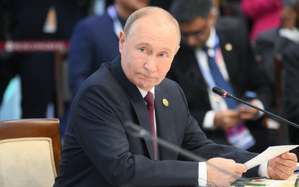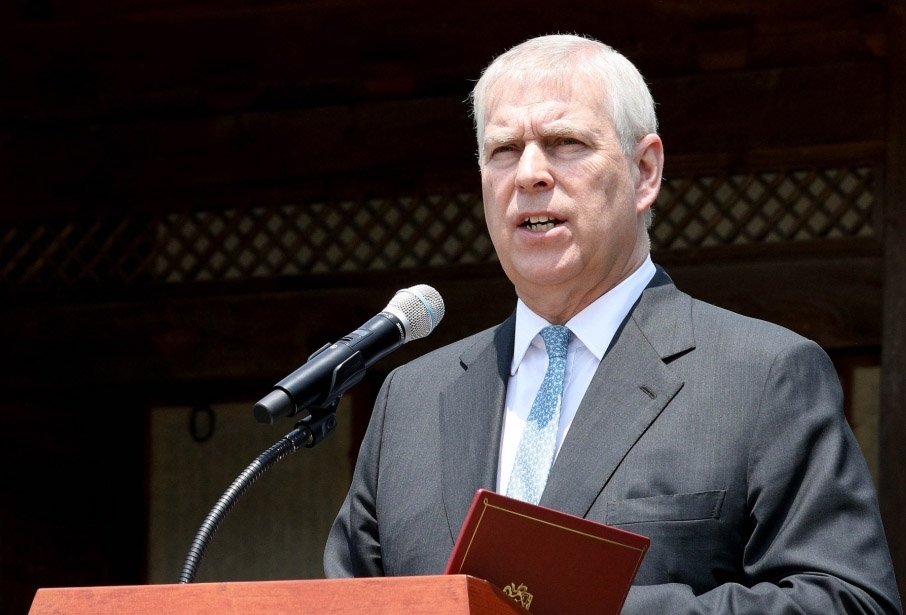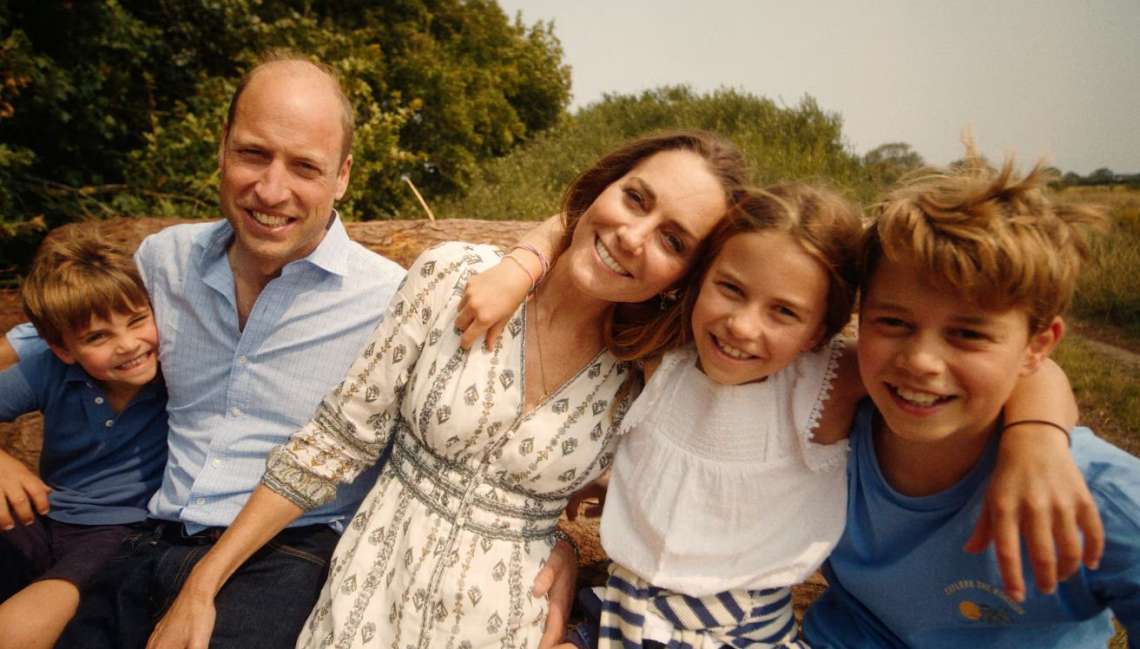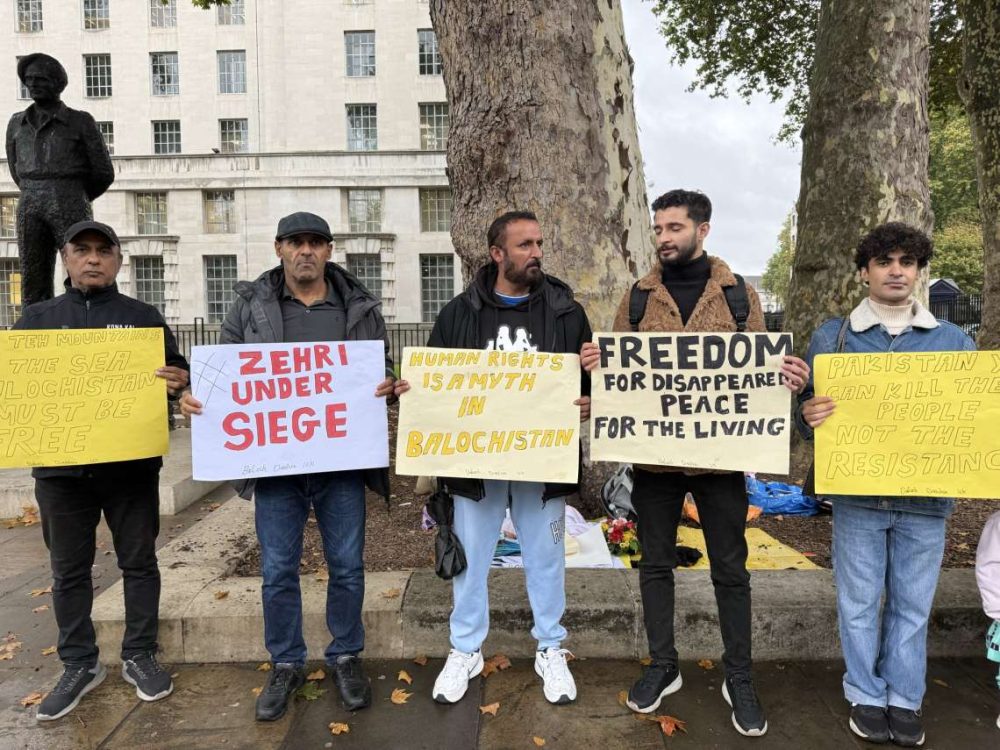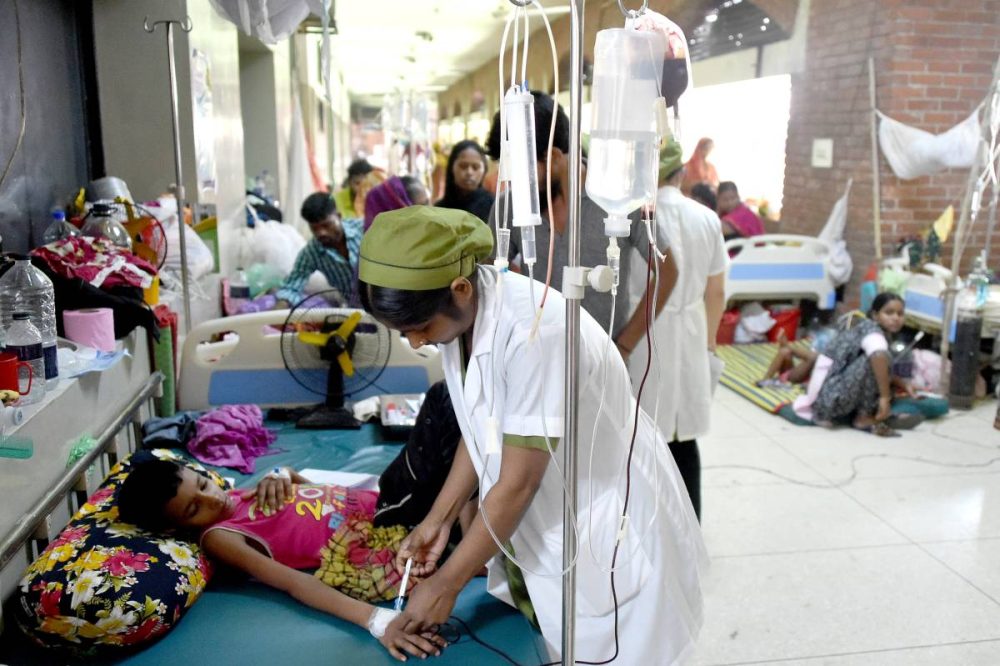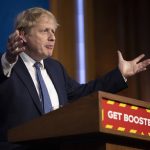UK targets Rosneft, Lukoil, and global enablers in sweeping action to choke off Putin’s war funds and cripple Russia’s energy revenues…reports Asian Lite News
The British government has announced its most far-reaching sanctions yet against Russia, striking directly at the oil and gas revenues that fund Vladimir Putin’s war machine. In a coordinated move between the Foreign Office and Treasury, Foreign Secretary Yvette Cooper unveiled 90 new sanctions in Parliament while Chancellor Rachel Reeves led talks in Washington DC to rally international partners behind the action.
The measures hit at the heart of Russia’s economic strength, cutting off key oil giants Rosneft and Lukoil from global markets. Together, the two companies export 3.1 million barrels of oil per day, with Rosneft alone accounting for nearly half of Russia’s total oil production and 6% of global output. Officials said the goal was to “take Russian oil off the market,” directly severing one of Moscow’s most lucrative revenue streams.
Four Chinese oil terminals, 44 tankers in the so-called “shadow fleet” used to transport Russian crude, and Nayara Energy Limited — a major importer of Russian oil which brought in 100 million barrels worth over $5 billion in 2024 — have also been hit by the new sanctions. The move comes as Putin launches Russian Energy Week in Moscow, where he has been attempting to persuade foreign buyers to sustain his dwindling export markets.
Yvette Cooper told MPs that the UK and its allies were determined to ramp up the pressure on the Kremlin and its enablers. “At this critical moment for Ukraine, Europe is stepping up. Together, the UK and our allies are piling the pressure on Putin – going after his oil, gas and shadow fleet – and we will not relent until he abandons his failed war of conquest and gets serious about peace,” she said.
She added that Russia’s economy was under immense strain. “Even with his war economy creaking, his people suffering, and his army enduring unthinkable losses – still he sends drones and missiles after innocent civilians. Ukraine’s security is important for the security and stability of the whole of Europe and for the UK. Today’s action is another step towards a just and lasting peace in Ukraine, and towards a more secure United Kingdom. The action we are taking against Russian aggression with partners across Europe makes us stronger here at home.”
Chancellor Rachel Reeves, speaking from Washington DC ahead of the International Monetary Fund Annual Meetings, said the UK was determined to choke off the flow of Russian oil revenues. “We are sending a clear signal: Russian oil is off the market,” she said. “As Putin’s aggression intensifies, we are stepping up our response. The UK will continue to strip away the funding that fuels his war machine. We will hold to account all those enabling his illegal invasion of Ukraine.”
The timing of the sanctions was also designed to undercut Russia’s efforts to secure new buyers for its energy exports. As Moscow’s oil revenues continue to shrink under the weight of international sanctions, the Kremlin has sought to expand its liquified natural gas (LNG) industry to fill the gap. The UK has now sanctioned seven LNG tankers and the Beihai LNG terminal in China, which has been importing gas from Arctic LNG2 — a major Russian project that was itself sanctioned by Britain in February 2024.
In a further step to curb the Kremlin’s income, the UK government will ban imports of oil products refined in third countries from Russian-origin crude oil. Officials said this would close loopholes that allowed Russian oil to re-enter markets through intermediaries. “By removing Russian oil from the market, taking steps towards peace and in turn building a more secure Europe, we are directly strengthening the UK’s national and energy security,” a government statement said. “These are key foundations of this government’s Plan for Change.”
The UK has also been at the forefront of supporting Ukraine militarily. More than 85,000 drones have been supplied to Kyiv in the past six months alone, part of a £600 million package invested this year in collaboration with British defence manufacturers. Officials say the production surge is not only bolstering Ukraine’s battlefield capabilities but also supporting jobs in the UK’s defence industry.
The latest sanctions extend beyond energy, targeting companies in Asia and the Middle East that supply critical components for Russian weapons systems. Firms in Thailand, Singapore, Turkey, and China supplying electronics for Russian drones and missiles have been added to the sanctions list in an effort to disrupt Moscow’s military supply chains.
British officials say the coordinated measures are part of a broader international effort to squeeze Russia’s war economy and demonstrate continued solidarity with Ukraine. The sanctions come as Western finance ministers gather in Washington for a series of meetings aimed at sustaining global financial support for Kyiv as the war enters its third year.
In London, the government framed the latest sanctions as a decisive escalation in its campaign to erode Putin’s ability to wage war. “We will not stop until Putin stops,” one senior official said. “Every barrel of oil taken off the market weakens his hand and strengthens Ukraine’s.”
With Europe tightening restrictions and Moscow’s options narrowing, the UK insists the strategy is working. “This is about defending democracy, ensuring global security, and protecting Britain’s own future,” said Cooper. “We will keep going, and we will not look away.”


